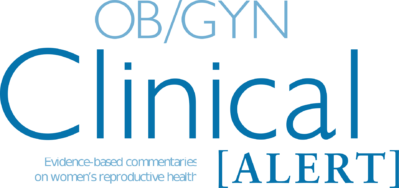
OB/GYN Clinical Alert – March 1, 2014
March 1, 2014
View Issues
-
Emergency Contraception
We now have three options for emergency contraception the copper IUD, oral ulipristal acetate, and oral levonorgestrel. One of the most important considerations in using emergency contraception is the initiation of ongoing regular contraception. The special feature will discuss the opportunities and considerations for use of these three different methods of postcoital contraception. -
Should You Advise Your Patients to Eat Peanuts During Pregnancy?
Synopsis: In this study, women without allergies who consumed peanuts or tree nuts five times or more per month around the time of pregnancy compared to less than one time per month had reduced odds of having children with peanut or tree nut allergies. -
Cancer-reducing Effect of OCPs in BRCA1/BRCA2 Carriers: Do They Work?
The association between oral contraceptive use and ovarian or breast cancer in BRCA1 or BRCA2 mutation carriers are qualitatively similar to associations reported in the general population. Oral contraceptive pill use is inversely associated with ovarian cancer risk. However, it is also associated with a modest, but not statistically significant, increased risk for breast cancer. The analysis was unable to provide conclusive recommendations as to their use as preventive measures given these and other unmeasured risks. However, oral contraceptive pills appear safe for contraception in this population. -
First Trimester Anatomy
A meta-analysis of 19 studies involving first trimester screening for fetal anomalies has shown that a majority of major structural abnormalities can be diagnosed between 11 and 14 weeks and that even cardiac abnormalities can be identified with ultrasound with reasonable efficiency.
